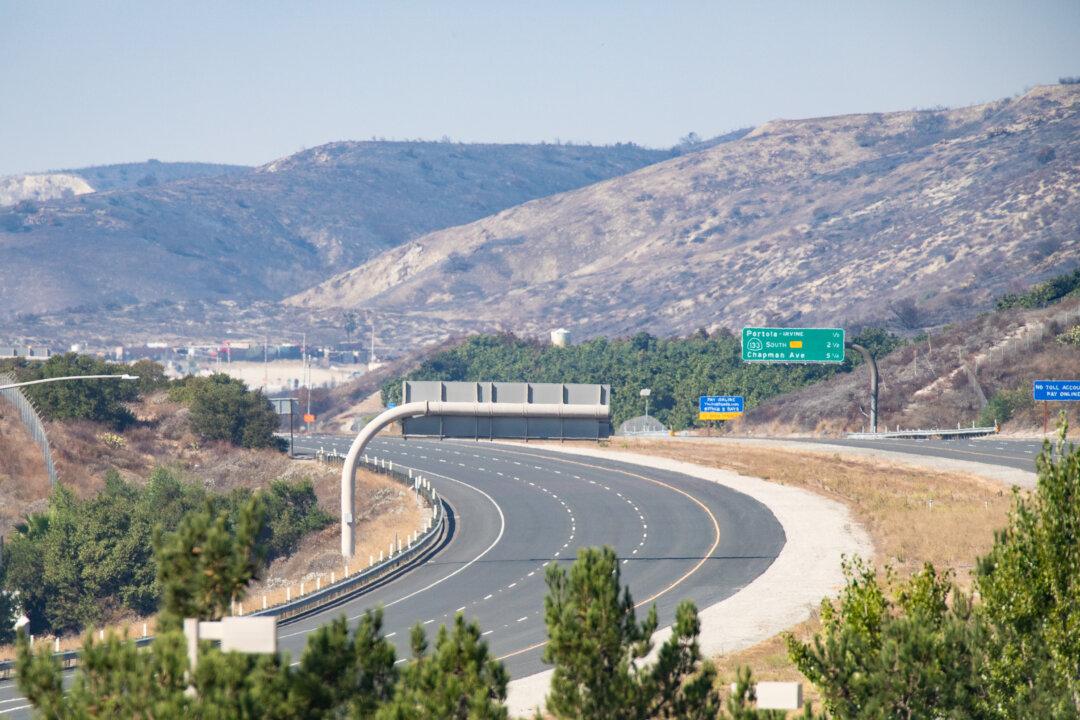San Clemente is preparing to withdraw from the Transportation Corridor Agencies (TCA) in the midst of an ongoing three year-lawsuit over disagreements about a toll road built in the city.
City council took its first step April 6, voting 4-1 to leave the joint powers authority (JPA) that forms the TCA. The split could come as a result of a perceived lack of representation on the board, and disagreements about building a toll road in San Clemente.





